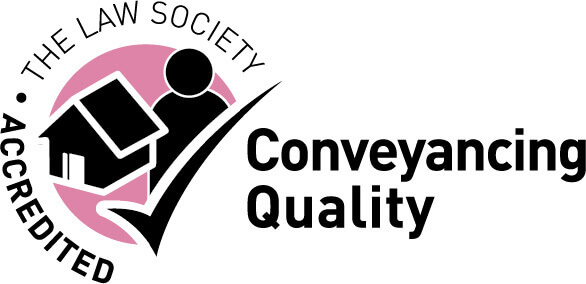The Housing Act 1988 is one of the leading statutes governing property law in England and Wales. It lays out the rights and responsibilities of both landlords and tenants and often runs parallel to a signed tenancy agreement.
Currently, under Section 21 of the Housing Act, landlords are able to repossess their property without having to demonstrate that their tenant was at fault. The current notice period that a landlord is required to give for a ‘non-fault’ eviction is 2 months.
Additionally, landlords are able to evict their tenants even if they have not breached their tenancy agreement. This is so long as they can demonstrate that their tenant’s deposit monies have been held in a Tenancy Deposit Scheme, and that they have supplied their tenant with:
- An Assured Shorthold Tenancy
- A ‘How to Rent’ guide
- A Gas Safety Certificate
- An Energy Performance Certificate
Plans for Section 21 notices to be abolished
The Government confirmed its intentions to repeal Section 21 of the Housing Act in the May 2022 Queen’s Speech, with an aim to “strengthen the rights of tenants”. The Government has also proposed widening the scope for repossession under Section 8 of the Act as a result of removing Section 21.
This has understandably caused a great deal of concern among landlords as to how they will be able to remove tenants in future.
Why are Section 21 notices being abolished?
Under the current legislation, landlords have the ability to terminate a tenancy agreement at short notice and without explanation. This is thought to have a detrimental impact on tenants, especially in circumstances where it is hard to obtain housing, and given the rising cost of living.
In addition, a Section 21 notice can be used in response to a tenant’s request for repairs, allowing a landlord to evict their tenant on the grounds that their property has fallen into a state of disrepair. Whilst this can potentially give rise to the tenant being able to bring a counterclaim for retaliatory eviction, the Government has nevertheless claimed that tenants have become reluctant to exercise their rights to secure repairs and challenge rent increases, fearing that by doing so, they may be served with an eviction notice.
How will these changes affect landlords?
It is clear from the Government’s proposals that once these changes have been implemented, it is going to be more difficult for landlords to repossess their property where their tenant has not breached their tenancy agreement, as they will need to provide justification for the eviction.
Additionally, if a landlord does wish to evict their tenant for a valid reason, they will need to follow a longer, more formal and potentially more costly process in court. The valid reasons for evicting a tenant have been outlined by the Government in its proposal for a newly reformed Section 8.
As a result of these changes, it is likely that more and more landlords will be looking to sell their properties whilst they are still able to rely on the Section 21 procedure.
How will these changes affect tenants?
On the other hand, it’s thought that these changes will provide additional security to tenants, as they will need to be proven to be at fault or to have breached their tenancy agreement before they can be evicted.
However, tenants are likely going to find it more difficult to rent property in the first place. If landlords are no longer able to evict their tenants as easily, they are going to be more selective as to who they enter into agreements with. As a result, it’s possible that tenants will face increased scrutiny before being approved for tenancy
If you have any questions or feel these changes to the law may affect you, our Dispute Resolution Team are ready to help. We advise and represent tenants and landlords across all manner of disputes – you can call us on 01743 248545, or click here to make an online enquiry.
Amelia Calton is the author of this article – if you would like to contact her directly, please send an email to a.calton@hatchers.co.uk.





